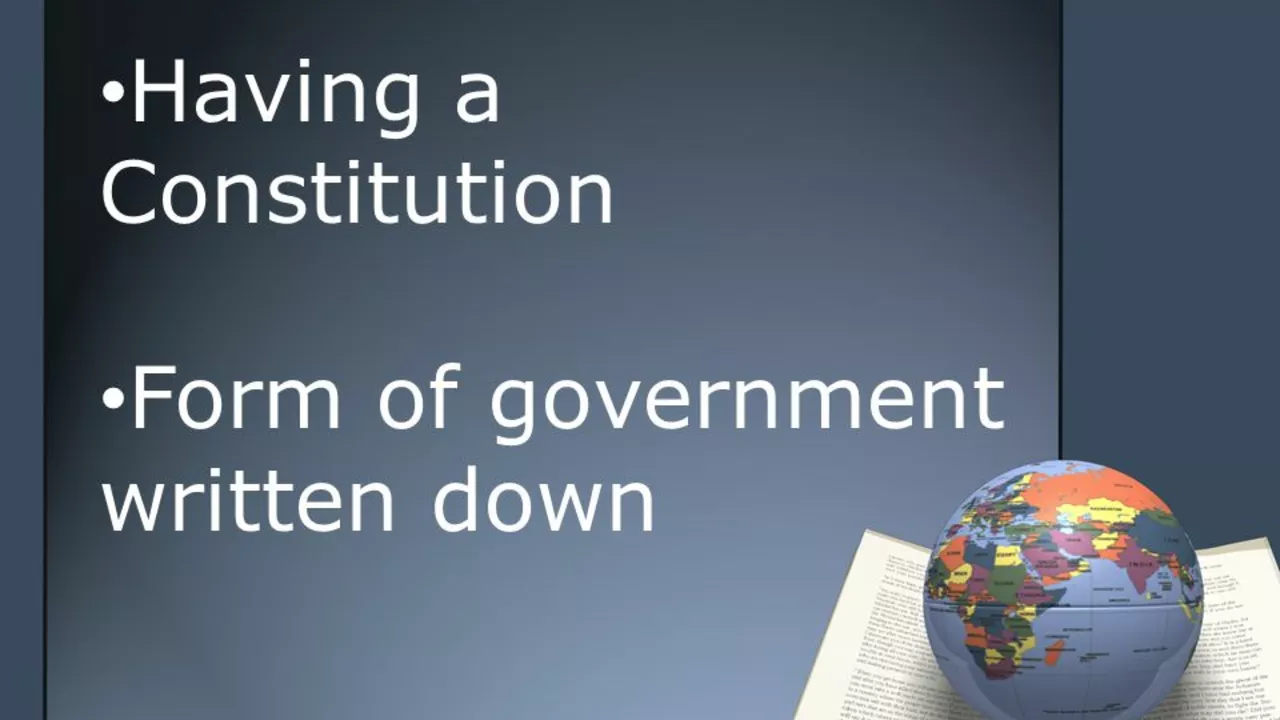Grappling with Retrospection: Deciphering the Foundations of History Curriculum Standards
Let me paint you a picture from a chapter in my life, perfectly aligned with our discussion today. During our university days, my wife, Bianca, and I found camaraderie in a local debate society. One riveting evening, we found ourselves deeply entrenched in debates surrounding - you got it right – the very fabric of history curriculum standards. The debates spanned the decisions of including or excluding certain historical eras, and the myriad ways to interpret them. If only the BBC had a whiff of our fervor, it could've made for a riveting documentary! On that note, I can confidently say, some of those passionate debates surely left their mark on me, emphasizing the need for a comprehensive approach to teaching history.
It dawned upon us that it wasn't just about the who, what, and when of history. The structure and essence of a history curriculum ripple through society, shaping the perceptions of the young, and influencing their understanding of global dynamics, heritage, and their role within it. So, strap in and get ready as we embark on this expedition through the intriguing, occasionally confrontational, and multifaceted discussions surrounding history curriculum standards. And a side note – don’t panic, there won't be a surprise "write my homework for me" request at the culmination of our journey!
Tracing the Pathways: The Inception and Development of History Education Standards
Let’s navigate the intricate corridors of time, exploring the genesis and growth of history education standards. From the times of ancient Greek and Roman schooling, where learning history was a lyrical recounting of heroes and fables, to today’s educational paradigms emphasizing critical reflection, the voyage has been both tumultuous and enlightening.
As the 19th century waned, formal historical instruction began to cement its place in educational institutions across the Western world. With the rise of public education, an inevitable question surfaced: "What knowledge should be imparted to the young?" Given that history chronicles humanity's collective journey, it seamlessly secured a position in the academic forefront. However, the methodology and content of history education underwent continual refinement, reflecting evolving societal norms, ideologies, and pedagogical strategies.
The Contemporary Twist to History Education: An Ever-evolving Tale
Now, you might ponder, "Caden, can you elucidate the metamorphosis of history education?" Envision this: explaining the vast expanse of the internet to someone unfamiliar with even the basics of a computer. Daunting, isn't it? Such is the nature of revamping history education.
The leap from mere memorization to immersive analytical exploration epitomizes this evolution. Modern history lessons aim to be pertinent, and contextual, and stimulate active student participation. The objective? To nurture a generation characterized by keen observation, active listening, and analytical prowess, rather than mere fact reproduction. It's pivotal to maintain a judicious balance between diverse viewpoints and interpretations. After all, it's a widely accepted belief that history is predominantly penned by those who emerge victorious.
The Central Conundrum: Eurocentric vs. Global History Education
Navigating further, we encounter the vehement debates that engulf the realms of history education – the balance between Eurocentric and global historical curriculum standards. Some assert the primacy of a Eurocentric trajectory owing to its systematic depiction of events molding global society. In contrast, others ardently advocate for a more global outlook, emphasizing that a solely Eurocentric perspective might inadvertently overshadow the invaluable contributions of other civilizations.
To illustrate, while the legacies of Rome and Greece are undeniably profound, it's paramount to recognize and respect the historical footprints of other civilizations, such as India, China, Africa, and Indigenous societies globally. The essence lies in illuminating rather than overshadowing narratives from diverse global quarters.
Striking Balance: Crafting a Comprehensive and Diverse History Curriculum
How do we strike this delicate balance? What's the formula for a holistic, inclusive, and varied history curriculum that resonates with all? Drawing from the wisdom of an esteemed university mentor of mine, "An enriched history education resembles a gourmet meal – the multitude of flavors render it truly fulfilling."
An encompassing history curriculum serves as a bridge, connecting diverse societies, cultures, and groups by accentuating their unique stories and influences. Beyond facts, a truly diverse curriculum delves deep into perceptions, interpretations, and the intricate dynamics of historical events. Its aim? To embolden students to grasp, empathize, critically assess, and even contest the narratives placed before them.
The Unspoken Dimension: The Intersection of Politics and History Education
One can't skirt around the undeniable link – the role of political undercurrents in shaping history curriculum standards. Historical instruction has, at various junctures, been steered by political motivations, be it nationalism, colonial ideologies, or identity politics. Although complete insulation from these influences might be aspirational, vigilant engagement from educators, parents, and learners can redirect the course of history education toward an unbiased, comprehensive, and authentic direction.
In summation, the debates encircling history curriculum standards aren't a contemporary phenomenon, nor are they likely to abate. As our global understanding matures, so must our history curriculum. Endeavoring to craft an inclusive, varied, and balanced history education might feel akin to chasing shadows, but this pursuit ensures we raise individuals who, rooted in the diverse tapestries of our past, are poised to mold a brighter, informed future.
